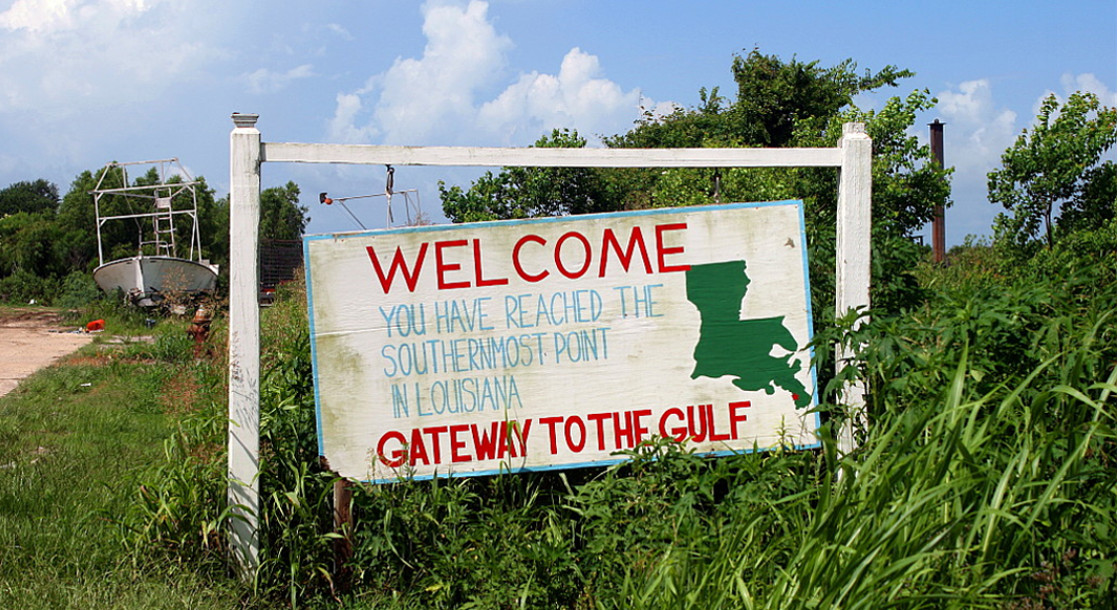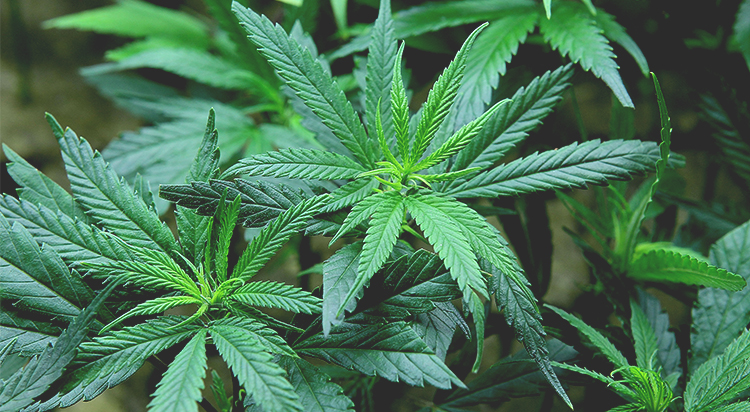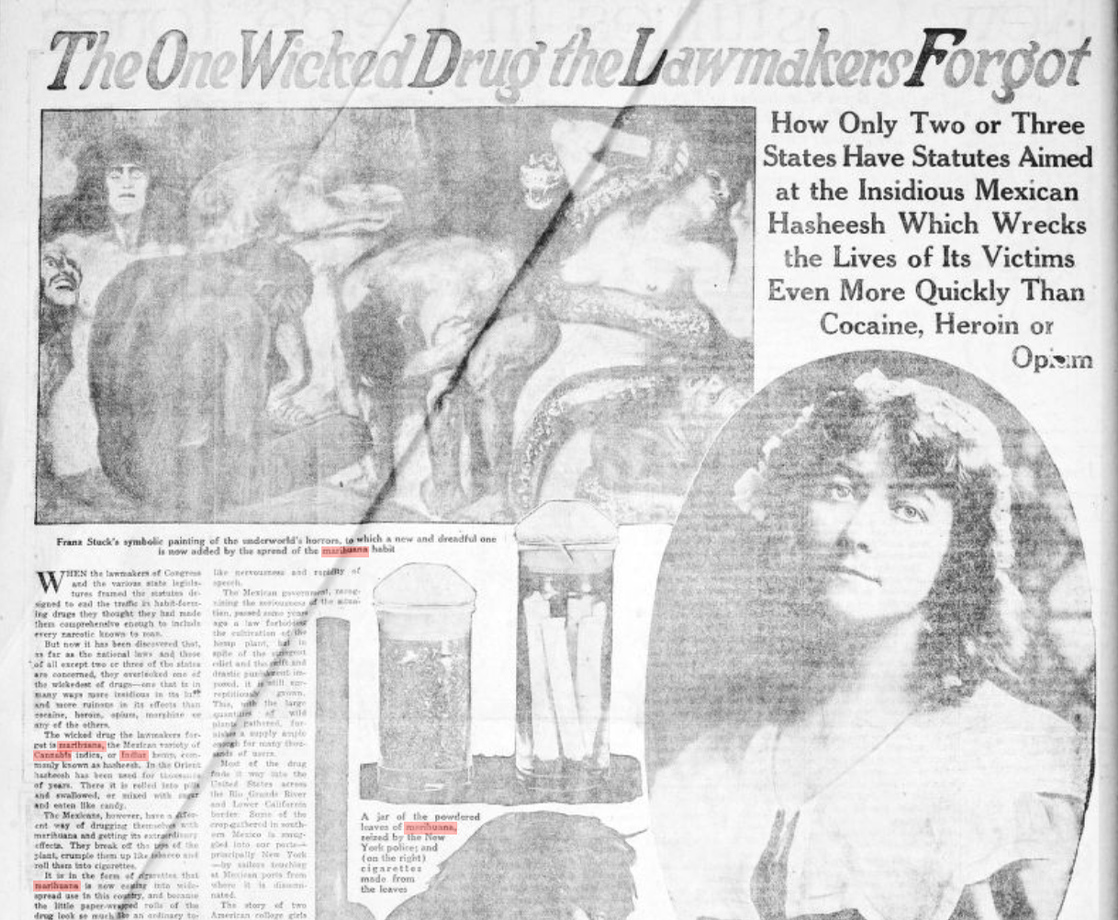Photo via Chuck Coker
As Louisiana's medical marijuana program is slowly ramping up, dispensary owners are beginning to have doubts about whether their businesses can succeed in the face of the state's restrictive regulations. In 2016, state legislators passed a bill allowing two state universities to begin researching and cultivating medical cannabis. At least one of these cultivators is expected to have products available this year, and a small number of pharmacies may get licenses to dispense the drug by the end of this month.
Although progress is being made, the extreme restrictions imposed by state legislators are making industry insiders uncertain of their chances of success. As of last fall, only two physicians had begun the rigorous application process necessary to become licensed to recommend the drug to patients, but the total number of licensed physicians has now grown to seven. There are just ten qualifying conditions for medical marijuana in the state — including cancer, HIV, epilepsy, and multiple sclerosis — and patients are only allowed to use cannabis-based oils, capsules, edibles, or topical products.
These restrictions mean that the state will have a relatively meager pool of qualifying patients, a small number of recommending doctors, and a limited quantity of products for sale, all of which could severely hamper the financial sustainability of the industry. State Sen. Fred Mills, who authored the original medical marijuana legislation, told The Advocate that pharmacy owners have told him that “this business model is going to be tough to be profitable.”
State Sen. Ted James has proposed a bill that would add several more ailments to the list of qualifying conditions, including intractable pain. Such an expansion has the potential to greatly increase the number of patients in the state, which in turn would increase demand for the state's medical canna-businesses.
Several organizations and lobbyists, including cannabis advocacy group Sensible Marijuana Policy for Louisiana, are also pushing for expansions to the list of conditions, especially PTSD. "People are desperate, with the opioid crisis that we're in the middle of right now, they're looking for alternatives to some of these medicines and cannabis is," lobbyist Tim Hitt said to KNOE 8 News. "It's medicine, it's from the Earth, it has a proven track record, and we're just trying to get Louisiana up to speed."
The chances of successfully expanding the list of conditions this year seems unlikely, however. In January, the Louisiana Board of Medical Examiners said that there was “insufficient evidence” to recommend expanding the list, although they may consider the proposal again next year. The state's District Attorneys Association also opposes the expansion, claiming that federal research does not support the medical benefits of cannabis.
Brian Rudin, a Colorado-based canna-business owner who is looking to expand into Louisiana's medical market, told The Advocate that “the challenge is you’ve got to have the capital to sustain the business if the demand and/or the supply is not sufficient to make it profitable.” Rudin noted that “Louisiana is a conservative state” and added that “the best thing we can do is get these marijuana pharmacies open, get the products on the shelf and start helping patients. I think this is a good first step.”
Louisiana is indeed a conservative state, which is reflected in its laws towards cannabis use. Simple first-time possession of cannabis can bring a maximum fine of $300 and 15 days in jail, but an individual busted with 2.5 pounds of pot could face ten years in jail and a $30,000 fine. Penalties for distribution or cultivation of marijuana are extremely harsh, with a first-time offender potentially facing 30 years in jail and a $50,000 fine.
In one specific instance, a man busted with five baggies containing a total of 18 grams of weed was sentenced to 18 years in jail with no possibility of parole. The man appealed his case all the way to the state Supreme Court, who upheld the decision, although dissenting Chief Justice Bernette Johnson called the decision “outrageous” and “ridiculous.”











